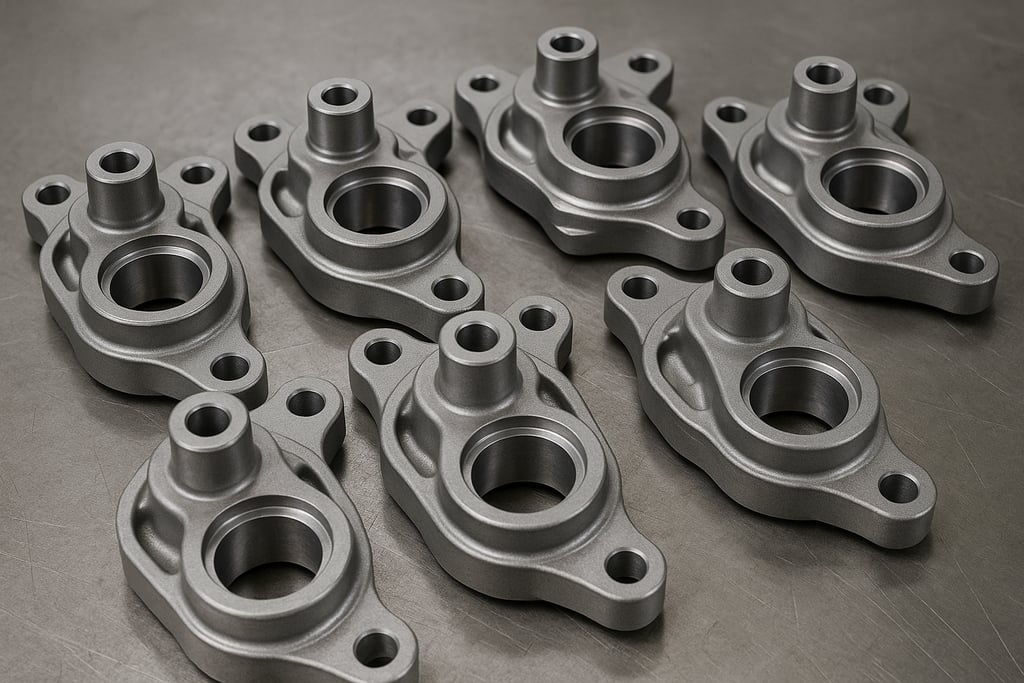Custom Manufacturing: Why Small Batches Make a Big Difference
In today's fast-paced, innovation-driven economy, agility is everything. For startups, engineers, and product designers, being able to bring a new idea to market quickly—and adjust based on feedback—is critical. That’s where small-batch manufacturing shines. It offers flexibility, speed, and cost-efficiency without the risks of mass production. Let’s explore why more companies are turning to custom, low-volume manufacturing and how it can benefit your next product launch.
6/25/20251 min read


What Is Small-Batch Manufacturing?
Small-batch manufacturing refers to producing a limited quantity of parts or products—usually anywhere from 1 to a few thousand units—using flexible production methods like 3D printing, CNC machining, and rapid injection molding. Rather than committing to expensive tooling or large inventory, companies can produce only what they need, when they need it.
Key Benefits of Small-Batch Manufacturing
1. Lower Upfront Costs
Mass production often requires significant investment in molds, dies, and setup. Small batches eliminate or reduce those expenses, making it accessible for startups and small businesses.
2. Faster Time to Market
Shorter lead times mean you can go from prototype to finished product in weeks—not months. This is ideal for early product testing, limited releases, or launching on platforms like Kickstarter.
3. Greater Design Flexibility
Small runs allow you to iterate quickly. Found a flaw? Want to tweak the design? No problem. You’re not stuck with thousands of outdated units.
4. Reduced Inventory Waste
Why stockpile unsold products when you can produce them on demand? Small-batch production reduces storage costs and waste due to unsold or obsolete inventory.
5. Market Testing Without the Risk
Trying a new concept or entering a new market? Small runs let you test demand with minimal financial exposure—perfect for pilot programs or seasonal products.
Real-World Use Cases
Startups launching MVPs (Minimum Viable Products) to validate concepts before scaling.
Consumer brands releasing limited-edition products or short production runs for influencers and pre-orders.
Medical and aerospace industries requiring specialized, low-quantity parts with precise tolerances.
Industrial designers creating functional prototypes and production-quality parts for end-users.
Small-batch manufacturing isn’t just for prototypes—it’s a powerful production strategy in its own right. It allows businesses of all sizes to stay lean, test smarter, and deliver better products, faster. If you're looking for a manufacturing partner that moves as fast as you do, let's talk.
